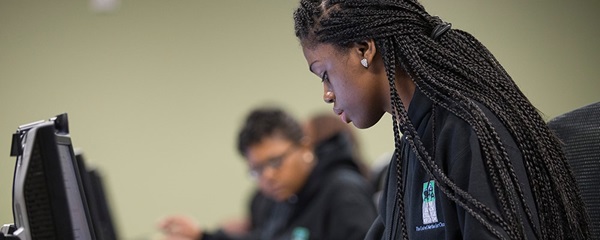What is the Black College Fund?
The Black College Fund provides crucial financial support to the 11 Historically Black Colleges and Universities affiliated with The United Methodist Church. These institutions offer quality higher education rooted in faith and committed to preparing students for leadership and service.
The Black College Fund is one of seven apportionment funds designated to support ministries and causes important to the entire United Methodist Church. These funds are a way United Methodist churches work together to support meaningful ministry. By giving through this system, churches combine their resources to have a greater impact than any single congregation could alone.
Why Does Black College Fund Matter?
The Black College Fund provides access to educational opportunities for students who might not otherwise afford college. It supports institutions that have historically empowered African American communities through academic excellence, leadership development and spiritual formation. By investing in these colleges, the church is fostering future leaders who will serve both the church and society with faith and commitment.
How Can I Be Part of the Ministry?
You can be part of this ministry by giving through your local church, learning about the work of the colleges and sharing their stories with others. Every gift supports the ongoing mission of these institutions to educate and empower students.
Discover inspiring stories of how you are making an impact by supporting the Black College Fund [here].





